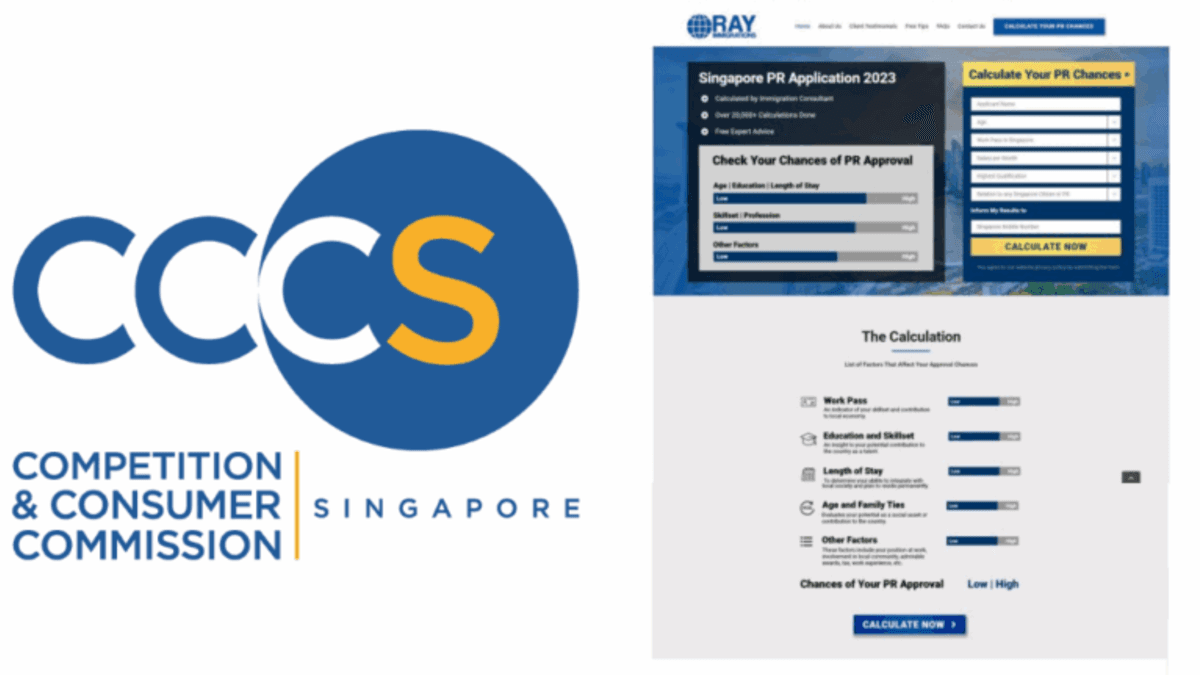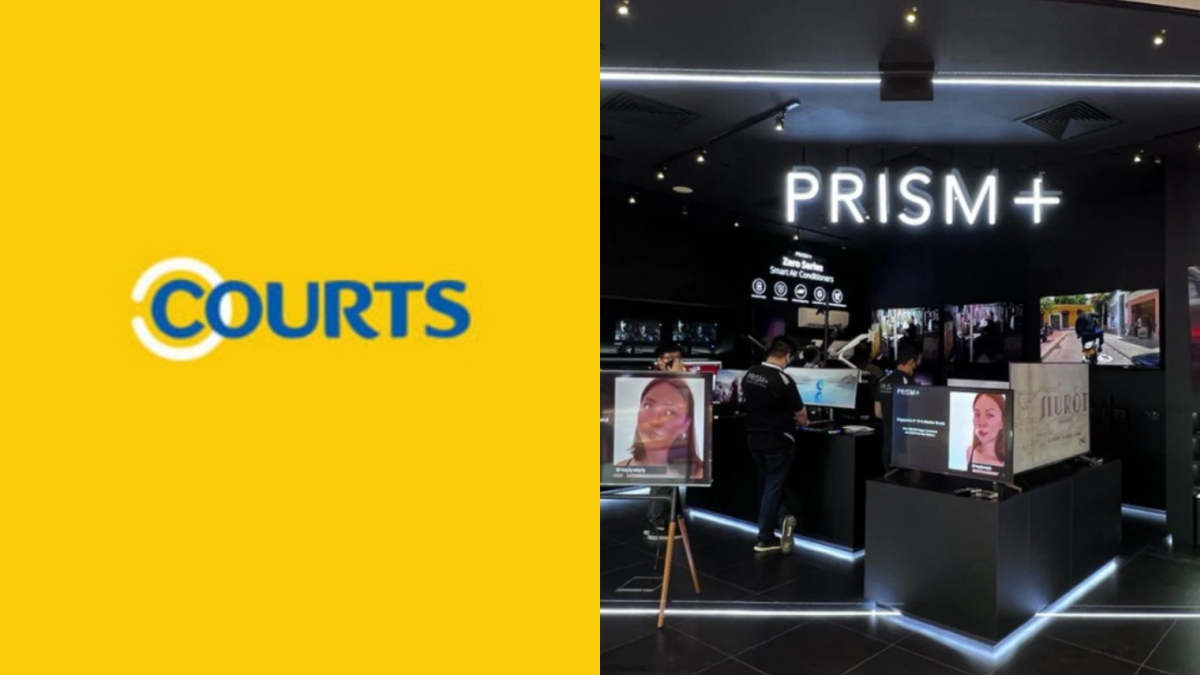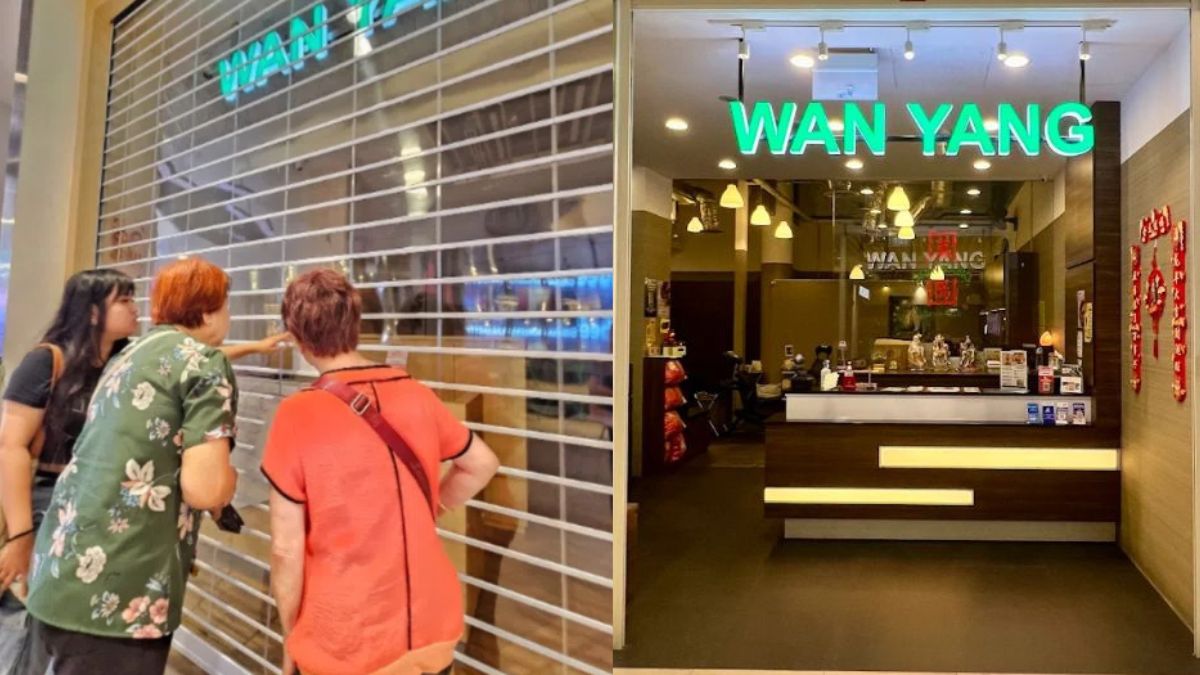CCCS obtains court order against operator of three immigration consultancy firms over unfair practices
The Competition and Consumer Commission of Singapore (CCCS) has secured a court order against Cheng Yong Teck, who ran three immigration consultancy firms accused of misleading customers with false claims about Singapore permanent residency applications. The order bars him from continuing unfair practices and mandates public disclosure.

- CCCS obtained a court order against Cheng Yong Teck on 22 July 2025 for misleading immigration consultancy practices.
- Cheng operated Paul Immigrations, VED Immigrations, and SAVA Immigrations, which falsely promised PR approval and created false urgency.
- The order requires Cheng to cease all misleading practices, publish details of the ruling, and inform clients before signing contracts.
The Competition and Consumer Commission of Singapore (CCCS) announced it has obtained a court order against Cheng Yong Teck, a businessman found to have operated multiple immigration consultancy firms that engaged in misleading and unfair trade practices.
The District Court order, issued on 22 July 2025, compels Cheng to stop all deceptive marketing tactics immediately. It also requires him to publish details of the court order in major local newspapers and on all marketing platforms associated with his businesses.
Cheng must additionally inform potential clients of the existence and content of the order before signing any service contracts. He is also obligated to notify CCCS of any future changes to his business operations, ownership, or employment status.
According to CCCS, this marks the first time the commission has taken legal action against an individual who repeatedly set up new companies to avoid detection after being investigated for unfair trading.
Cheng owned and operated three companies — Paul Immigrations, VED Immigrations, and SAVA Immigrations. All were accused of falsely claiming that applying for Singapore permanent residency (PR) was time-sensitive and that success was guaranteed if clients used their services.
The case began after the Consumers Association of Singapore (CASE) received numerous complaints about the sales tactics of Paul Immigrations. CCCS’s subsequent investigation found that after that business ceased operations, Cheng continued similar practices under the names VED Immigrations and SAVA Immigrations.
Investigators discovered that the companies’ websites invited users to complete an online form to “assess their likelihood of PR approval”. However, instead of receiving automated results, applicants were contacted by phone and urged to attend in-person consultations marketed as “free assessments”.
During these sessions, sales staff reportedly claimed that immigration rules were changing rapidly and that approval chances were shrinking, in order to pressure customers into paying for consultancy packages.
The firms also allegedly promised guaranteed success in obtaining PR if clients used their services, despite having no control over the Immigration and Checkpoints Authority’s (ICA) decisions.
CCCS found these claims to be without any reasonable basis, determining that they were designed solely to secure sales. Some customers reportedly paid up to S$10,000 for such services.
According to CCCS, Cheng directly oversaw the operations of all three companies. He personally drafted sales scripts, monitored employee interactions with customers through closed-circuit television, and implemented a system of rewards and penalties to enforce compliance with his directives.
When one company came under investigation, Cheng allegedly shut it down and reopened under a new name to continue the same practices.
CCCS Chief Executive Alvin Koh said the case illustrated how the businesses had “exploited consumers’ insecurities and lack of familiarity with immigration processes to charge substantial fees for false assurances”.
“The mastermind attempted to evade detection by closing the initial business while continuing the same practices through other entities,” he said.
Koh added that the commission “will not hesitate to take similar legal action” in future cases where individuals attempt to circumvent consumer protection laws through company restructuring or rebranding.
The order against Cheng is a significant enforcement milestone under the Consumer Protection (Fair Trading) Act, which empowers CCCS to act against persistent unfair practices that harm the public interest.
Members of the public who suspect similar misconduct are encouraged to report cases of misleading business practices to the Consumers Association of Singapore (CASE). Reports can be made via telephone at 6277 5100 from Monday to Friday, 9am to 5pm, or submitted online through the official CASE website.








0 Comments